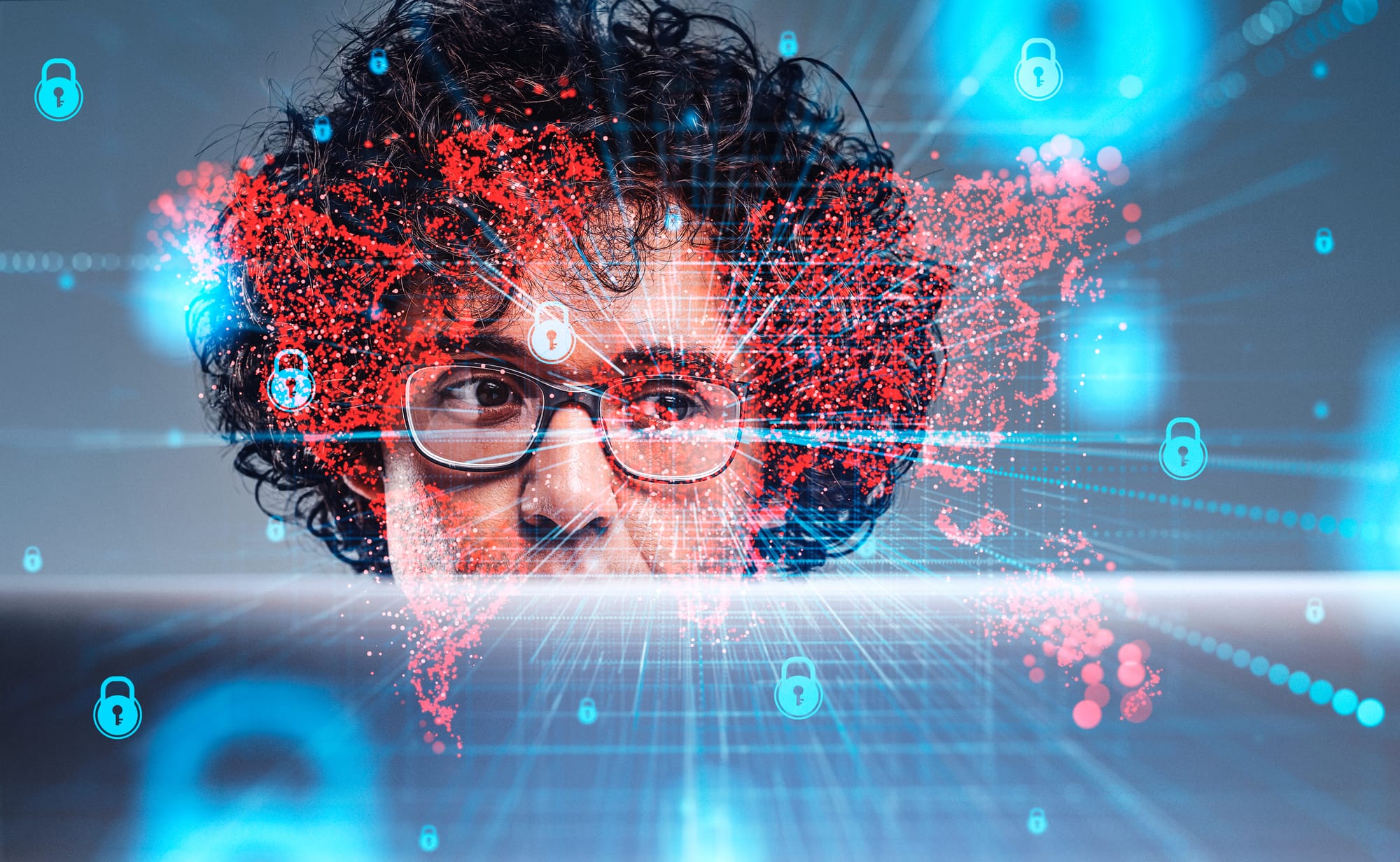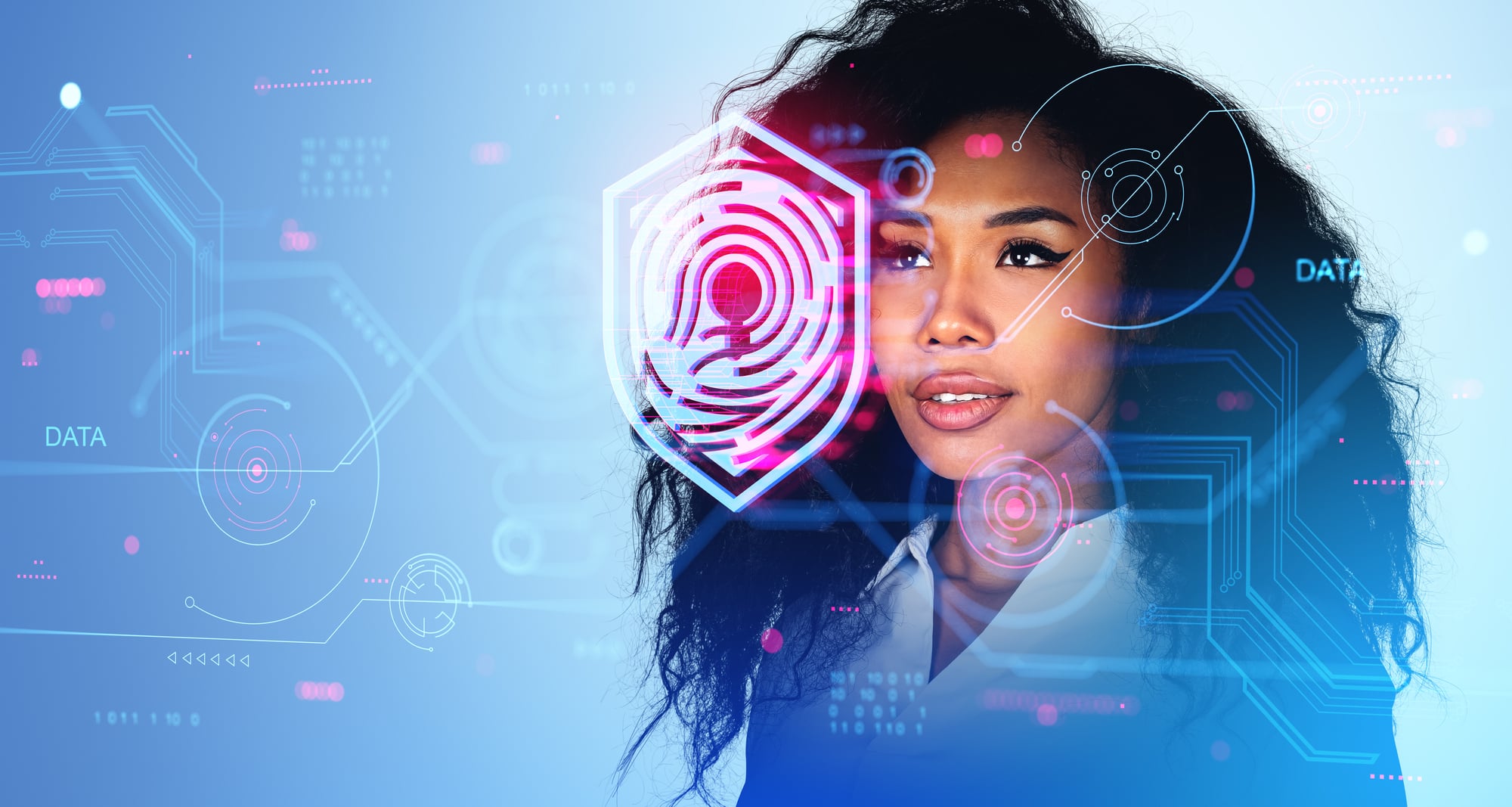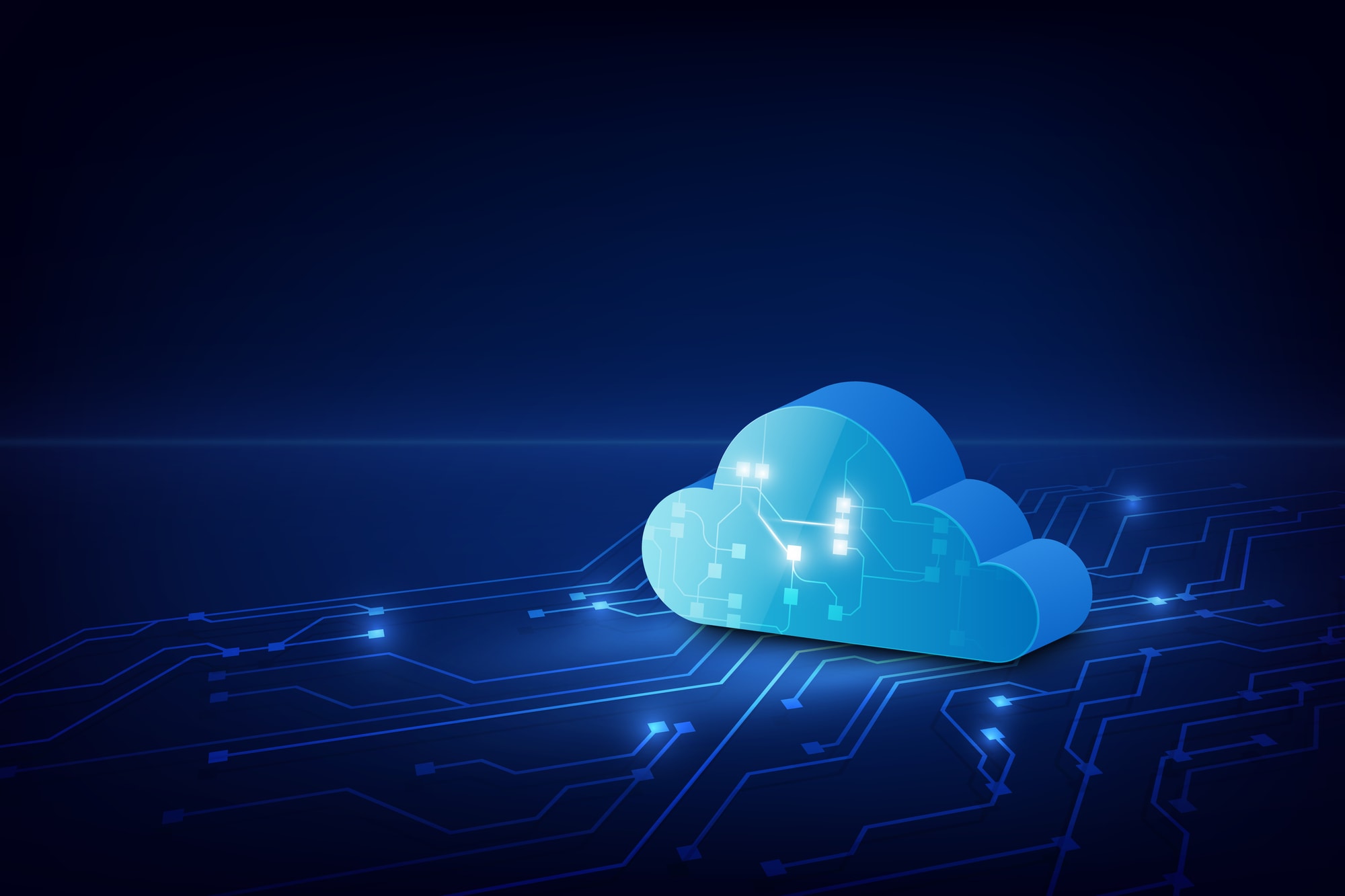As the field of artificial intelligence (AI) and automation continue to evolve and expand, its impact on various industries is quickly becoming apparent. Cybersecurity, which focuses on protecting digital assets from cyber threats, is witnessing a growing interplay with AI technologies. Many wonder whether AI could eventually replace cybersecurity as we know it. In this article, we will explore how AI impacts cybersecurity and whether it will eventually overtake the field.
Role of AI in Cybersecurity
The rise in cyber threats has prompted businesses to adopt AI and automation for more efficient and accurate data defense. AI has introduced new capabilities, making developing advanced threats and defenses simpler. Unlike earlier times when hackers had extensive programming knowledge to create malware and bypass security protocols, modern malware is easily accessible and requires minimal expertise. This change has expanded the pool of potential hackers, leading to an overall increase in cyberattacks.
AI has helped improve cybersecurity practices by offering several key enhancements. Some current applications of AI in cybersecurity include:
- Threat Detection: AI-powered tools can analyze massive amounts of data to identify potential threats or malicious activities in real-time. These tools can automatically adapt to new patterns, making their detection capabilities more robust.
- Incident Response: AI can assist in managing and mitigating threats quickly and efficiently. This rapid response shortens the time frame between the detection of a threat and its containment, lowering the potential impact on an organization.
- Vulnerability Management: AI can help scan for vulnerabilities within software and networks, allowing for proactive strategies to remediate them before hackers can exploit them.
Related article: 8 Ways that AI is Strengthening Cybersecurity.
Limitations of AI in Cybersecurity
AI has become a game-changer in cybersecurity, helping with threat detection and response. However, it also comes with limitations that impact its effectiveness and raises ethical and privacy concerns. There are still inherent limitations to the technology:
Inability to Interpret: One major limitation is AI’s lack of human judgment and intuition. AI models struggle to explain their rationale for certain decisions or predictions, potentially causing oversight in situations that require more nuanced understanding. It can process a lot of data quickly but might not understand the context, leading to false alarms and possible security issues.
High Dependence on Data: AI performance relies on the quality and quantity of training data, and bias or insufficient data can negatively affect its effectiveness in cybersecurity applications.
Need for Human Supervision: AI systems may need human intervention to validate and enhance their response mechanisms, ensuring decisions are based on algorithms and domain-specific knowledge.
Lack of Security: AI’s vulnerability to hacking and manipulation is another concern. As AI becomes important in securing our systems, hackers may target it. This is particularly worrying for AI that protects crucial infrastructure and national security.
Lack of Privacy: Privacy concerns also arise from AI collecting and storing massive amounts of personal data. Issues over data access and usage should be addressed before it can be considered a safe technology.
Why Humans Are the Power Behind Cybersecurity
AI-driven systems have started replacing human intervention in many industries, but this hasn’t been the case in cybersecurity. While automation can reduce errors and streamline tasks, relying solely on AI to detect cyberattacks might not be practical, as it could lead to a high number of false positives. AI often lacks contextual awareness, which can result in misidentifying attacks or even missing them entirely. Automated systems struggle to handle situations they haven’t been programmed for. Human expertise will still be needed to assess potential breaches or risks and make crucial decisions.
People are vital for various reasons, such as applying human judgment in decision-making and ensuring AI systems are effective, ethical, and aligned with our values. AI can process large amounts of data and identify threats quickly, but it can’t match the unique perspective and judgment that only humans can provide. This is especially important in cybersecurity, where real-life consequences can be severe. Human experts balance AI’s power with the nuanced understanding that only people can bring. They play a key role in making complex ethical decisions and preventing AI systems from being manipulated or misused. Ultimately, human expertise is essential for keeping our digital world secure.
Related article: What Roles do CISOs Cover?
Future of CISO Roles & Cybersecurity Professionals
Despite the advancements in AI, cybersecurity professionals will continue to play a critical role in the industry. Some key reasons include:
- Strategic Decision-Making: Human experts are essential in making decisions informed by cybersecurity’s unique contextual, organizational, and risk factors.
- AI Management: Skilled professionals are required to develop, implement, manage, and maintain AI-powered tools for effective cybersecurity deployment.
- Evolving Roles: As AI and related technologies evolve, cybersecurity professionals must adapt their skills and expertise accordingly. As the industry embraces AI, new job opportunities and roles will emerge, incorporating AI functionality into cybersecurity workflows.
AI’s increasing impact on cybersecurity has brought about significant improvements, assisting cyber professionals in coping with the growing complexity of cyber threats. However, it is unlikely that AI will replace cybersecurity entirely, as human expertise is irreplaceable for decision-making, strategy, and AI system management. Instead, the future likely entails a harmonious convergence of AI and human intelligence, creating a more effective and resilient cybersecurity ecosystem.
Learn more about the technology used by our CISO professionals and virtual services.
Resources
- CISO MAG, “The Future of AI in Cybersecurity,” April 2019.
- TechTarget, Ed Burns; “A guide to artificial intelligence in the enterprise”, 2023.







